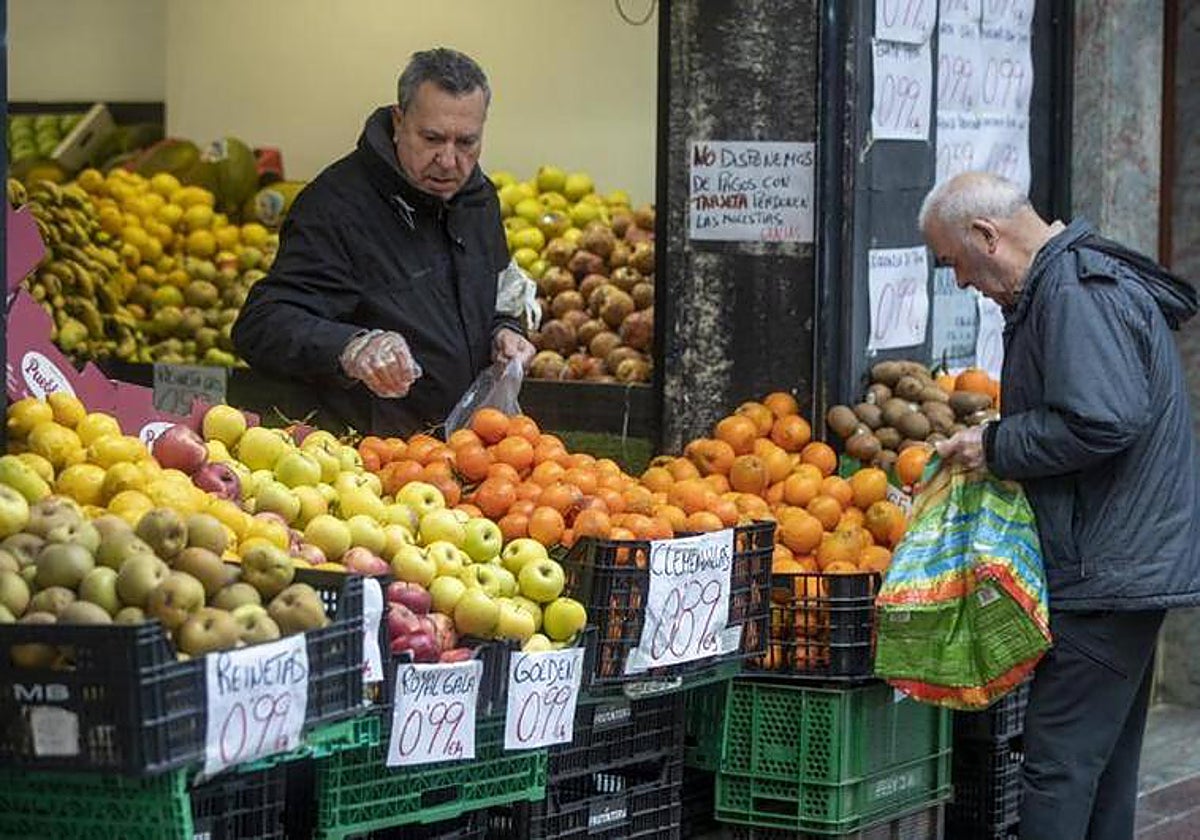Food prices in Spain continue to rocket
Food ·
The increases come despite the government’s move to reduce IVA, the Spanish sales tax, on certain foodsClara Alba
Madrid
Viernes, 14 de abril 2023, 10:51
Despite a reduction since January in IVA, the Spanish sales tax, on certain foods prices are still soaring. The national statistics institute (INE) confirmed this week that the Consumer Price Index (CPI) stood at 3.3% in March, in line with expectations.
This is almost three times lower than the figure recorded a year ago and is also the lowest since August 2021. However, the decline was mainly due – as detailed by the Ministry of Economy - to the "good performance of electricity prices, thanks to the Iberian exception and fuels, which have continued to fall for another month". Food prices are increasing at an annual rate of 16.5%. So far this year, according to INE data, they have risen by 3.4%.
The rate is barely a tenth of a percentage point lower than in February. This is due to fish and seafood, milk, cheese and eggs, and oils and fats, which have increased their prices less than last year. However, the rise in the prices of pulses and vegetables and other food products has been higher than in the same month in 2022.
The fall observed in the general inflation rate – of 2.7%, its biggest drop in a month since May 1977 – was due to what is known as the 'step effect'. This is notable when comparing this March with last year, when the outbreak of war in Ukraine sent energy prices soaring, with the CPI soaring to 7.6%. In monthly terms (February over January), the CPI recorded an increase of 0.4%.
The underlying rate – which does not take into account fresh products or energy – barely fell by one tenth of a percentage point to 7.5%, one of the highest rates in the historical series and more than four per cent above the general rate.
The uncontrolled increase in the cost of the shopping basket is a hard blow to consumers' pockets, especially as the biggest price rises affect basic products such as milk, bread, eggs, meat, cereals and oil, all of which are more expensive than a year ago.
The government has said that the tax cut will be eliminated when underlying inflation falls below 5.5%, though this is still a long way off.
